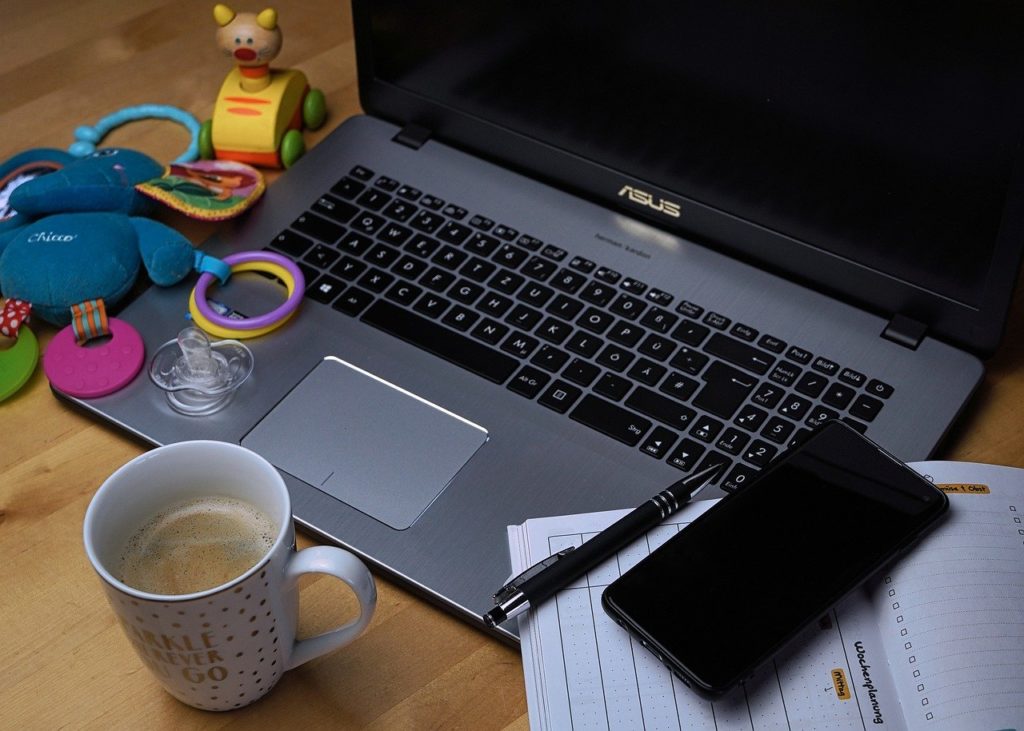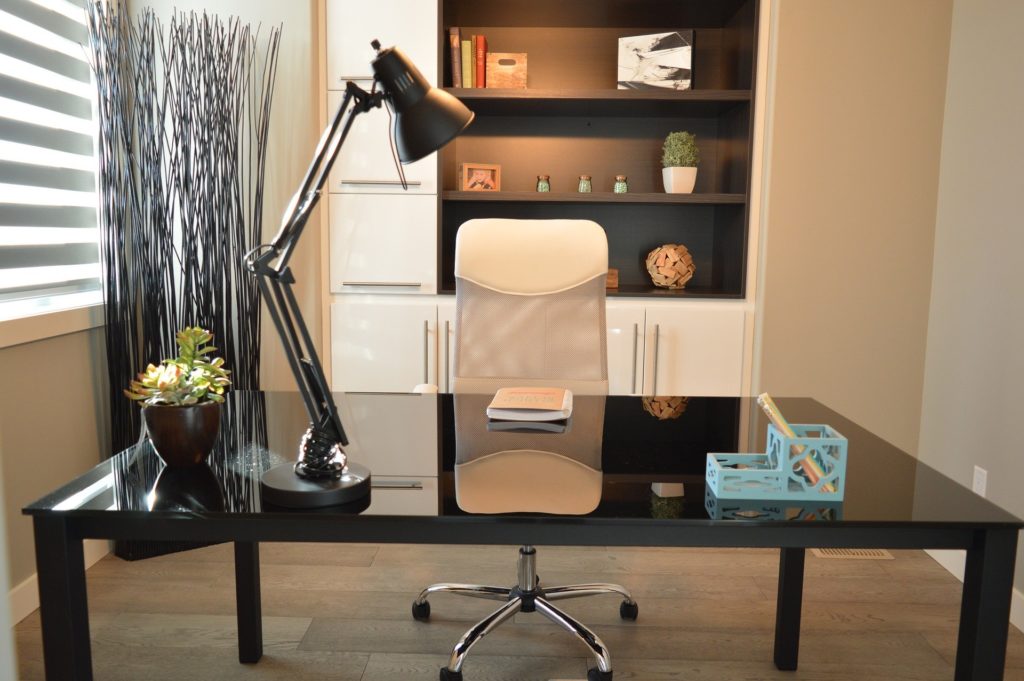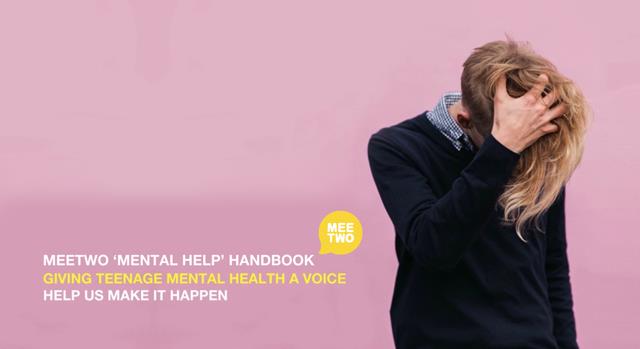With Mental Health Awareness Week 2024 taking place from 13 to 19 May, William Sarenden, BA Philosophy student and Chair of the Birkbeck’s Students’ Union, shares tips for how to improve mental health, especially in the context of this year’s theme of movement.
It would be an understatement to say that mental health awareness is important. Even in a world that seems increasingly aware of its necessity, there is still much room for improved mental health outcomes and effective strategies in tackling the matter.
Mental Health Awareness Week is a chance for everyone to consider the impact mental health has on their lives. It’s here to show support for those in need as well as educate ourselves on the diverse facets of mental health, and offer avenues for reaching out and providing support.
Commencing on Monday the 13th of May, this year’s theme is “Movement: Moving more for our mental health” which underscores the interconnectedness between our physical activity and mental wellbeing. With each daily action contributing to our mental health, it approaches the subject in a way we can all relate to and get involved with. This includes viewing mental health in a way that we are able to have a more holistic, accessible, and empowering approach to a healthy wellbeing.
Tackling the issues of stigma surrounding mental health, celebrating the people that support those in need and championing developments in our understanding is at the heart of this week’s meaning. With this all in mind, there are a few key messages highlighted by this year’s theme all of which are important to think about throughout the week:
The link between mental health and movement:
With a plethora of research that showcases the strong link between how our movements impact our mental health, it’s important that we regularly exercise, keep active and find time for ourselves. While having a physical exercise routine, going to the gym, or even heading out on a nice walk has its health benefits, the value that this time has for the mind is sometimes overlooked or not considered. Whether its time away from the constant level of stimulation provided by technology or a simple break away from work, it’s great to prioritise a time that allows you to focus on what will make you more aware of your mental state.
Accessibility and inclusivity:
Mental Health Awareness Week isn’t just about our own individual experience, but the collective experience of our communities. Understanding that we all have different levels of needs is key in supporting both our own and others’ wellbeing. It’s important that we take time to find out our own individual preferences and capabilities, whilst recognising the needs of others that may differ from our own and help in any way we can to better our community.
Prevention of mental health challenges:
In acknowledging the need for movement in our day-to-day life, we start the trend of being able to spend more time focusing on not only supporting existing mental health but playing a critical role in prevention. Prevention can come in many forms and this year’s theme showcases one of the best ways, by simply keeping fit and active.
Empowerment and self-care
Cultivating a positive relationship with our bodies, fostering a sense of balance, and taking ownership of our mental wellbeing is essential in empowering us to achieve what we want in life. It’s all about fulfilling those basic needs first that allow us to then face any of life’s daily challenges. We should always look to embrace movement as a form of self-care as it will not only improve our wellbeing but contributes to a culture that values and supports health and self-care practices.
My own advice to the reader
Discovering personalized methods to nurture our wellbeing lay the foundation for any robust mental health. Personally, I’m someone who loves to stay active, but I’ve learned to balance it with less fast paced moments. Whether it’s a leisurely stroll through one of London’s picturesque parks or a quiet reading session, these activities rejuvenate my spirit and allow for that much needed downtime. Additionally, I’m one of the many people who have a newfound love for running (although I’m still trying to find the right pace) which has been both a challenging yet exhilarating opportunity to discover new ways of working on my mental health. This week we should embrace the unknown by exploring new activities, joining clubs, or experimenting with different workout routines—because true insight into what truly uplifts us only emerges through exploration and experimentation.
Creating a better environment for ourselves and others
Building a sense of belonging is the key for many to connect with their mental health. In actively participating in many forms of movement; yoga classes, group exercise, team sport and any community led activity, we allow others to feel more welcomed and give them more opportunities for critical support. Sometimes all it takes is the company of others to help us get moving.
It’s very common for us to forget or neglect the need to look after our own wellbeing, when we all live busy lives and have a lot on our plate. Remember that this week serves as a reminder to take that time out and give ourselves and others the support needed to grow, develop, and live the best lives we can.
Birkbeck’s Wellbeing Service together with the Birkbeck Students’ Union has created a programme of events to mark the week, including mental health hubs where students can access support, a 6 hour walk around London and a film screening of ‘The Boys in the Boat’. Find out more and book onto ticketed events here.
Further information









